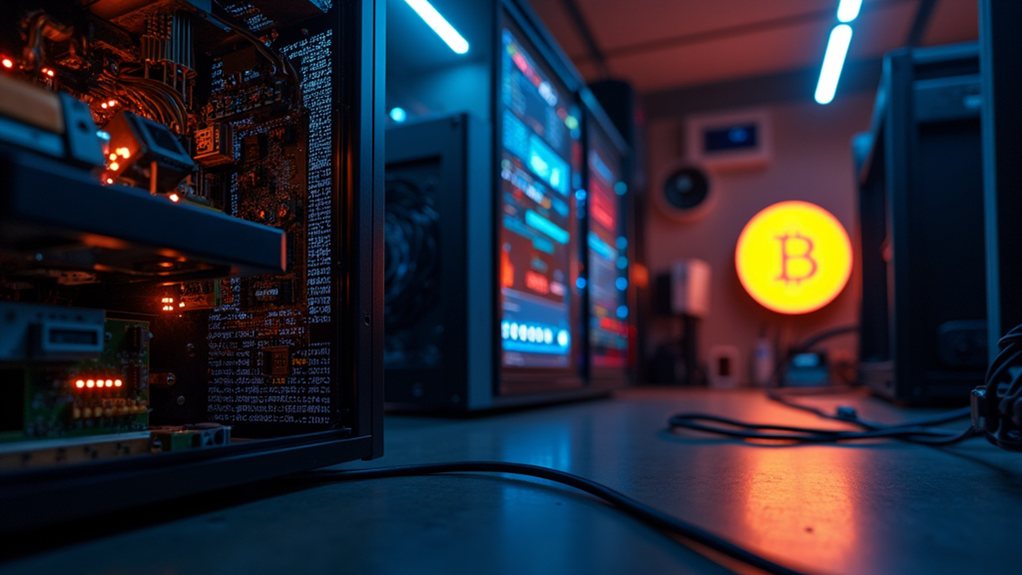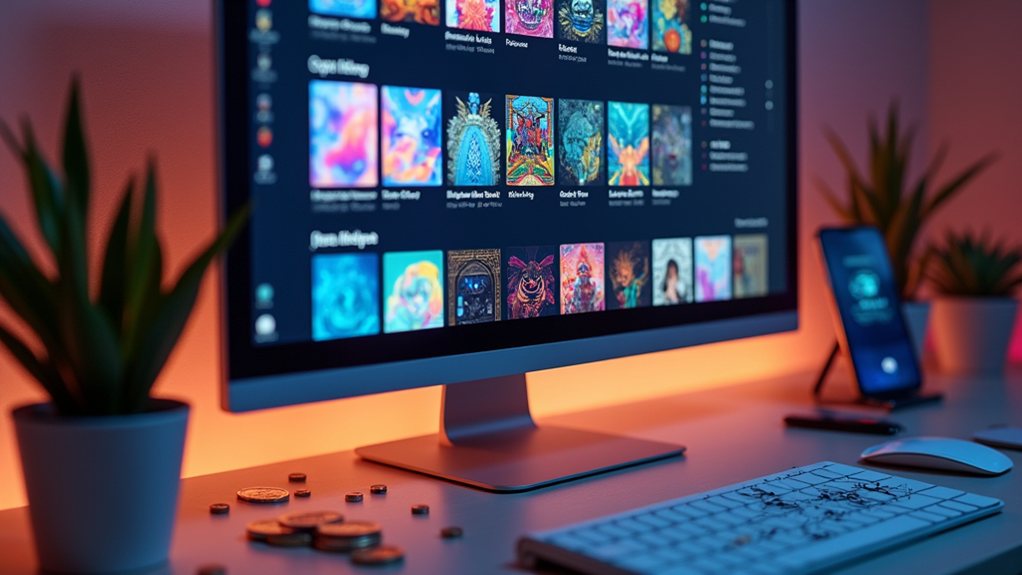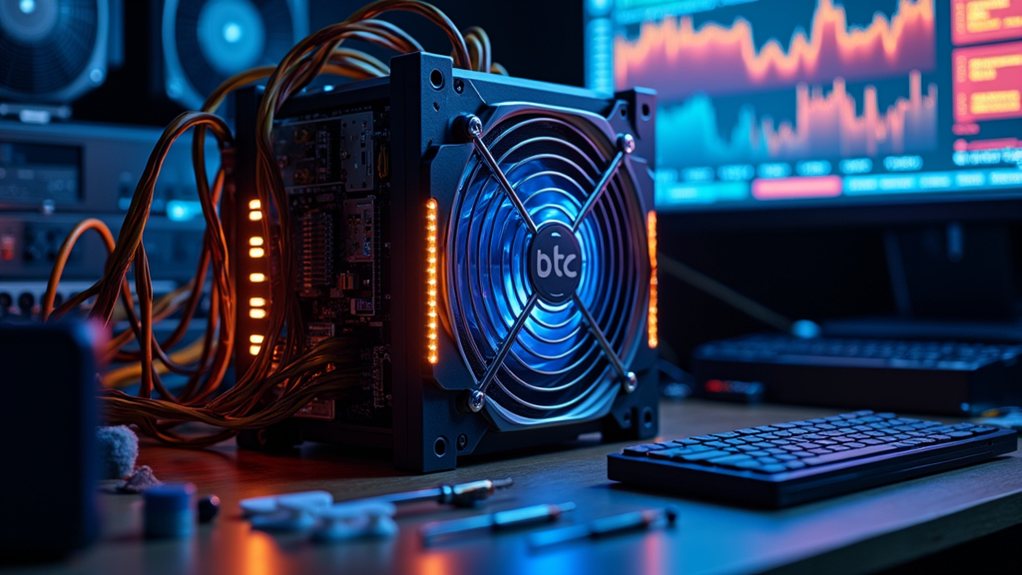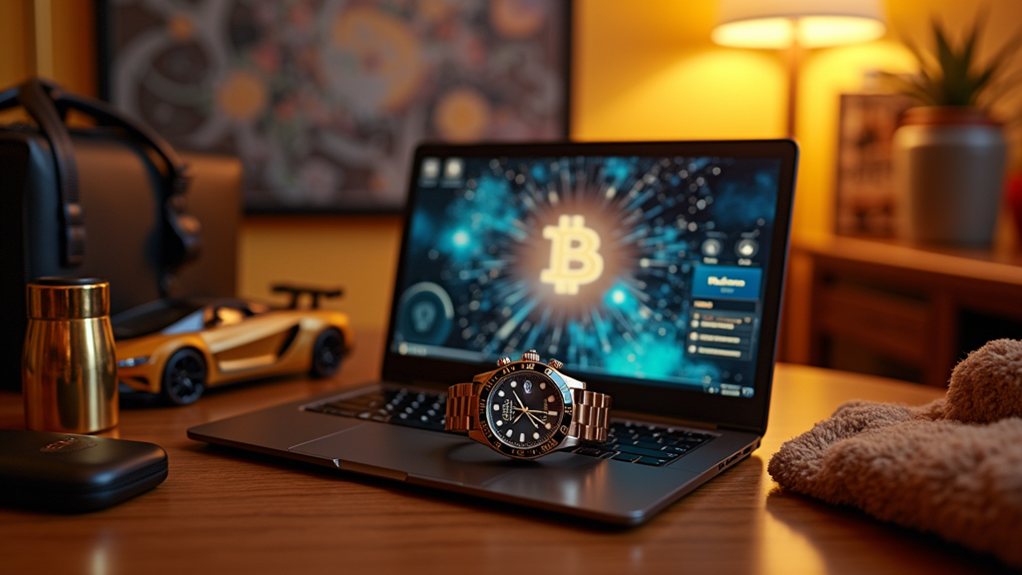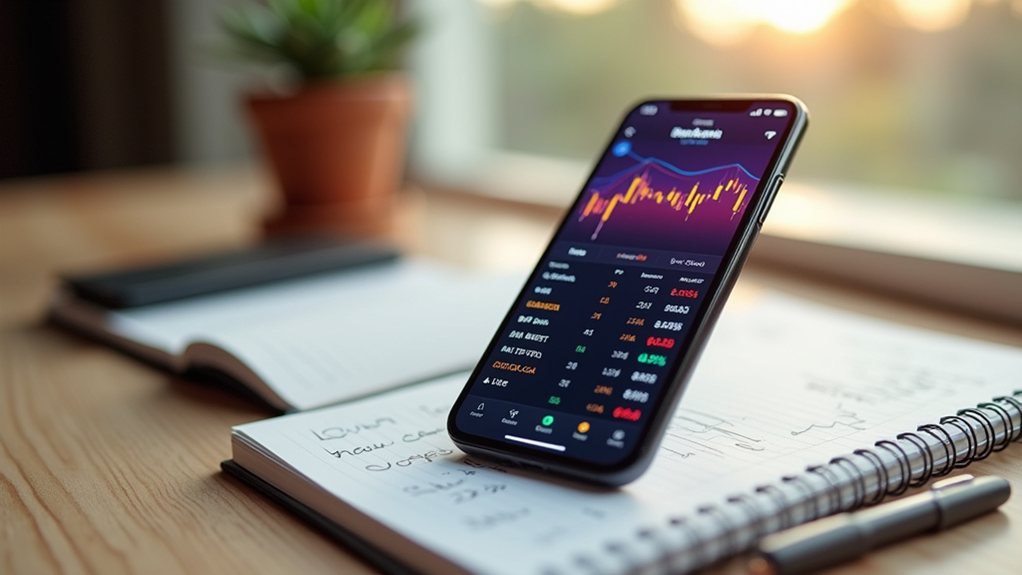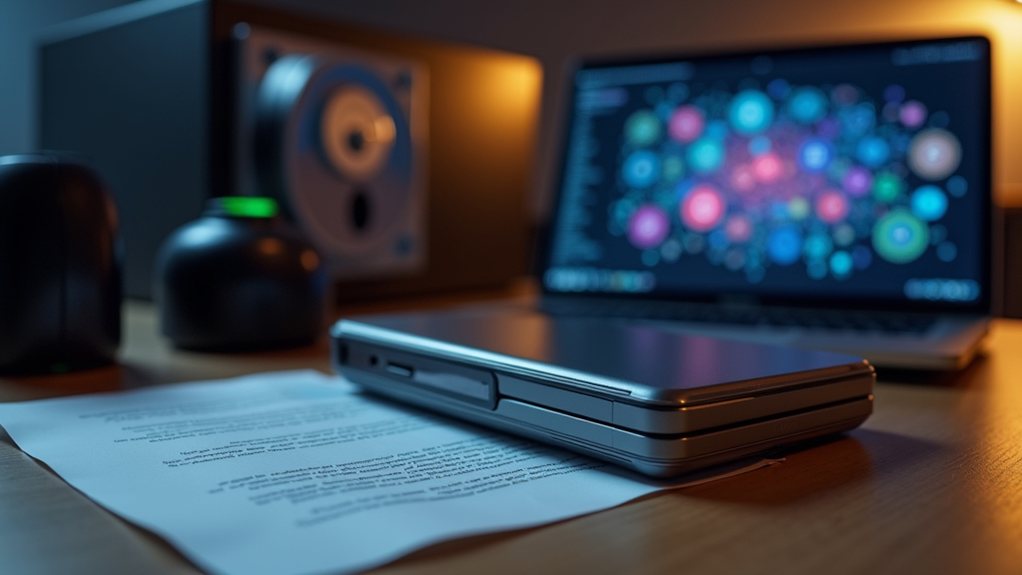Mining one Bitcoin isn't quick or easy. Individual miners typically need months to years, not hours. With astronomical network difficulty (110+ trillion), even powerful ASIC miners costing thousands deliver minimal results. The math is brutal: networks produce one block every 10 minutes with a 3.125 BTC reward. Solo mining? Good luck. Mining pools help but still require significant time investment. The days of mining Bitcoin on your laptop are long gone.
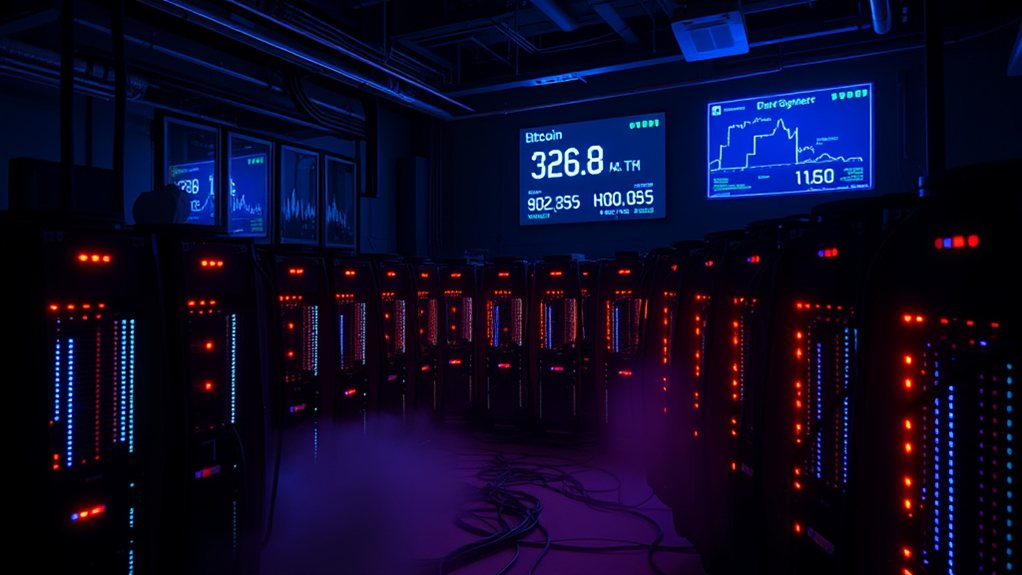
While Bitcoin mining might sound like a quick path to digital riches, the reality is far more complicated. Mining a single Bitcoin isn't as simple as digging in a digital mine for a few hours. It's a competitive, resource-intensive process that depends on multiple factors. Network difficulty, hardware capabilities, and whether you're mining solo or in a pool all dramatically impact how long it takes.
Let's get one thing straight. The Bitcoin network creates a new block approximately every 10 minutes, currently rewarding miners with 3.125 BTC per block. But that doesn't mean you'll mine a Bitcoin in just over three minutes. Not even close.
Thinking Bitcoin mining means quick profits? Reality check: mining a full Bitcoin takes months or years, not minutes.
The network difficulty sits at a mind-boggling 110+ trillion as of November 2024. This number automatically adjusts every 2,016 blocks to maintain the 10-minute average block time, regardless of how many miners join the network. More miners? Difficulty goes up. Simple as that.
For solo miners, the odds are brutal. You could be looking at years—even decades—to mine a single Bitcoin. It's like playing the lottery with expensive equipment. Most miners aren't that patient or foolish. The proof-of-work consensus protocol that governs Bitcoin mining makes it nearly impossible for individual miners to compete effectively against large mining pools.
This is why mining pools exist. By combining computational power, miners increase their chances of earning rewards. Still, even with pool mining, you're looking at months to years to accumulate one full Bitcoin, depending on your hash power contribution. Pools take their cut too—typically 1-3% of rewards.
Speaking of hash power, ASIC miners are the only serious hardware for Bitcoin mining these days. These specialized machines don't come cheap—expect to shell out between $1,000 and $15,000 or more initially. They measure performance in terahashes per second (TH/s), and more is definitely better.
Then there's the electricity bill. Mining rigs run 24/7, consuming substantial power. At average US rates of $0.10-$0.12 per kWh, costs add up fast. Some operations move to locations with cheaper electricity or renewable energy to stay profitable. The global Bitcoin network consumes an estimated 121.13 TWh annually, representing a significant portion of worldwide electricity demand.
Large mining operations with warehouses full of ASICs can mine multiple Bitcoin daily. For average miners with modest setups? Dream on.
Profitability takes more hits every four years during "halving" events, when block rewards are cut in half. The current reward of 3.125 BTC will drop again, making mining even more competitive.
Bitcoin's volatile price adds another wild card to the equation. Today's profitable mining setup might be tomorrow's money pit if prices drop.
The bottom line? Mining one Bitcoin takes far longer than most people imagine. It's no get-rich-quick scheme. It's a technological arms race requiring significant investment, technical knowledge, and perfect timing. Sometimes luck too. The entire process revolves around solving complex mathematical puzzles that secure the blockchain and validate transactions.
Frequently Asked Questions
What Equipment Do I Need to Start Mining Bitcoin?
Bitcoin mining requires serious gear these days. Forget your laptop—you'll need specialized ASIC miners like the Antminer S21 or Whatsminer M50S.
They're not cheap ($3,000-$11,000). You'll also need a hefty power supply unit, reliable internet connection, cooling systems, and a cryptocurrency wallet.
GPUs? Don't bother for Bitcoin. They're inefficient compared to ASICs.
Mining isn't casual anymore. It's industrial-scale competition.
Is Bitcoin Mining Profitable for Individual Miners Today?
Bitcoin mining profitability for individuals? Tough sell these days.
Most home miners lose money due to high electricity costs and expensive hardware. You need electricity under $0.05/kWh to have a chance.
Big mining farms dominate the network now—0.1% control half the hash rate. Brutal.
Some miners stay afloat by joining pools or using mining heat for their homes.
The 2024 halving will make things even harder. Not impossible, just… improbable.
How Much Electricity Does Bitcoin Mining Consume?
Bitcoin mining is an energy monster.
Globally, it devours 91-150 TWh annually—that's 0.5% of global energy use, similar to what Finland consumes.
One transaction? Takes a staggering 1,200 kWh, equivalent to 100,000 VISA transactions.
In the US alone, mining represents up to 2.3% of electricity consumption.
Texans are paying $1.8 billion more yearly because of it.
Environmentally devastating? You bet.
Can I Mine Bitcoin With My Personal Computer?
Mining Bitcoin with a personal computer? Good luck with that.
Modern Bitcoin mining requires specialized ASIC hardware costing thousands of dollars. Regular CPUs and even high-end GPUs simply can't compete. The electricity costs would exceed any potential earnings—by a lot.
Large mining operations dominate the network now. Some folks might mine alternative cryptocurrencies with gaming GPUs, but Bitcoin? That ship sailed years ago.
What Happens to Bitcoin Mining After All Coins Are Mined?
After all 21 million bitcoins are mined around 2140, miners will rely solely on transaction fees.
No more block rewards. Period.
Network security might take a hit if miners bail out due to reduced profits.
Transaction fees will likely increase—supply and demand, folks.
The whole mining ecosystem will transform overnight.
Some experts worry about 51% attacks becoming easier.
Others believe Bitcoin's value will skyrocket due to absolute scarcity.
Only time will tell.

